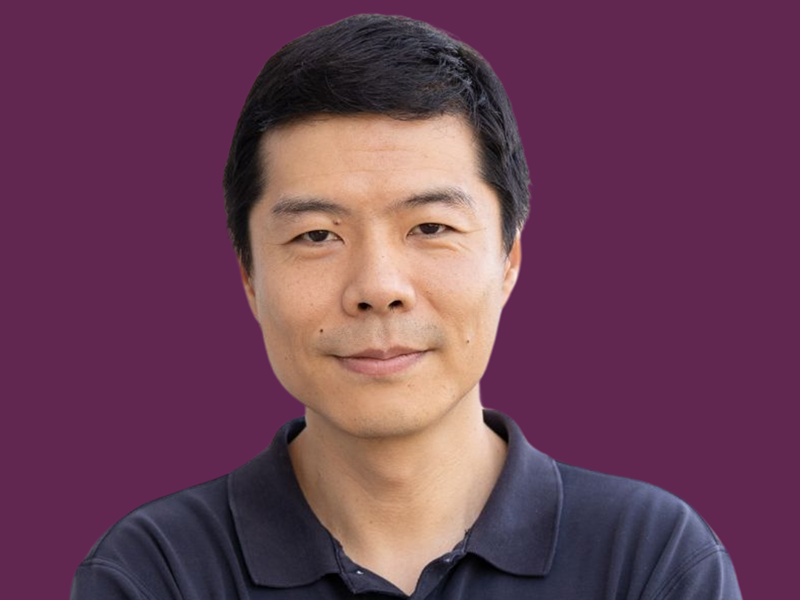Featured speaker bios
Maryellen Giger, Ph.D. | Maia Hightower, M.D., M.P.H | Grayson N. Holmbeck, Ph.D. | Margaret Hu, J.D. | Michael E. McCullough, Ph.D. | Hoifung Poon, Ph.D. | P. Srirama Rao, Ph.D. | Lawrence Shulman, M.D. | Wei Zhou, Ph.D.
Maryellen Giger, Ph.D.
Vice Chair and A.N. Pritzker Distinguished Service Professor, Radiology
University of Chicago
Dr. Maryellen Giger from the University of Chicago is a pioneering researcher in the field of computer-aided diagnosis (CAD) and the application of machine learning for detecting and treating breast, lung, and prostate cancers. Her research focuses on developing and refining machine learning algorithms to enhance diagnostic accuracy and improve treatment outcomes in oncology. By integrating advanced imaging techniques with computational methods, Dr. Giger aims to transform the way cancer is diagnosed and managed, ultimately contributing to more effective and personalized patient care.
AI in Cancer Imaging and Role of MIDRC
Thursday, April 3, 2025 | 1:10 - 1:55 p.m.
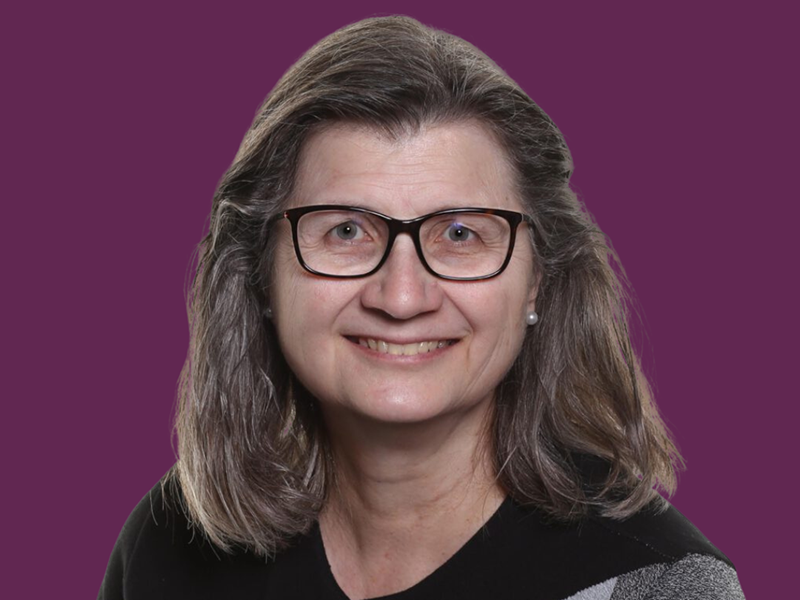

Maia Hightower, M.D., M.P.H.
CEO and Co-Founder
Veritas Healthcare Insights, LLC
Dr. Maia Hightower is a leading researcher at the intersection of digital technology and health equity, diversity, and inclusion. Her work focuses on how digital health technologies can be leveraged to address disparities in healthcare access and outcomes. Dr. Hightower emphasizes the importance of integrating diverse perspectives in the design and implementation of these technologies, ensuring that they meet the needs of all communities. Through her pioneering research, she aims to create solutions that promote health equity and improve overall healthcare delivery.
AI Innovation in Oncology: A Framework for Responsible AI Integration
Thursday, April 3, 2025 | 10 - 10:45 a.m.


Grayson N. Holmbeck, Ph.D.
Professor, Psychology
Loyola University Chicago
Dr. Grayson Holmbeck is a professor in the Department of Psychology at Loyola University Chicago. His research focuses on the psychosocial adjustment, family relationships, and health-related self-management of youth with spina bifida, a common disabling birth defect of the central nervous system. Dr. Holmbeck is particularly interested in the transition to adult health care for these individuals. His work contributes to understanding how family dynamics and self-management strategies influence the well-being of adolescents with chronic medical conditions.
Self-Management and the Transfer of Medical Responsibility from Parent to Child in Youth with Spina Bifida: Implications for the Transition to Adult Health Care
Thursday, April 17, 2025 | 1 - 2:30 p.m.


Margaret Hu, J.D.
Taylor Reveley Research Professor
Professor, Law
William & Mary Law School
Margaret Hu is the Taylor Reveley Research Professor and Professor of Law, and Director of the Digital Democracy Lab, at William & Mary (W&M) Law School. She is a Faculty Affiliate with the Global Research Institute and Data Science at W&M, and a Research Affiliate with Pennsylvania State University’s Institute for Computational and Data Sciences. Her research focuses on the intersection of civil rights, national security, cybersurveillance, and AI. She is author of several notable works, including Biometric Cyber Intelligence and the Posse Comitatus Act, Algorithmic Jim Crow, and Biometrics and an AI Bill of Rights. She is editor of Pandemic Surveillance: Privacy, Security, and Ethics (Elgar Publishing 2022). She previously served as Special Policy Counsel in the Civil Rights Division of the U.S. Department of Justice. She holds degrees from the University of Kansas and Duke Law School.
Public Interest Technology in the Age of AI
Wednesday, April 23, 2025 | 4 - 6 p.m.
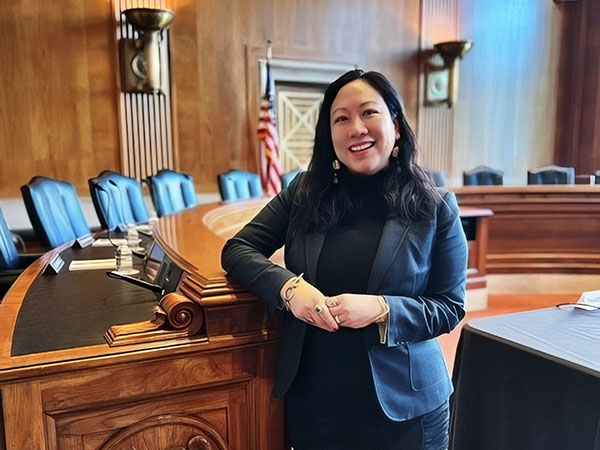

Michael E. McCullough, Ph.D.
Director, Center for Research on Experimental Evolutionary Psychology
University of California, San Diego
Michael McCullough is an experimental psychologist who is concerned primarily with the evolutionary and cognitive underpinnings of human sociality. He was one of the first scientists to take an interest in interpersonal forgiveness and to develop tools for studying it experimentally. He has also innovated experimental approaches to studying gratitude, revenge, prosocial behavior, religious cognition, and intertemporal choice. Additionally, he has worked in recent years to help clear up scientific puzzles about self-control and the social effects of a hormone known as oxytocin.
Evolutionary and Cognitive Roots of Human Social Behavior
Thursday, April 24, 2025 | 3:30 - 5 p.m.
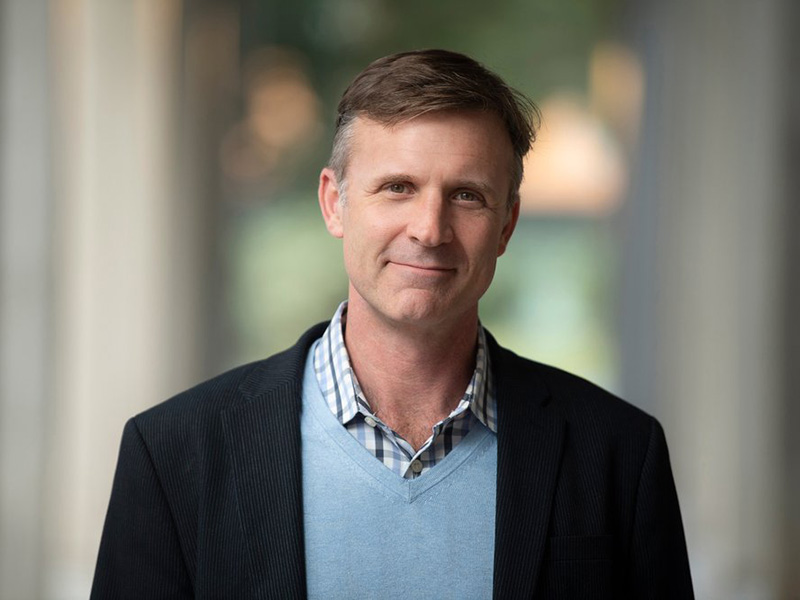

Hoifung Poon, Ph.D.
General Manager
Health Futures, Microsoft Research
Hoifung Poon is the General Manager at Health Futures in Microsoft Research and an affiliated faculty at the University of Washington Medical School. He leads biomedical AI research and incubation, with the overarching goal of structuring medical data to optimize delivery and accelerate discovery for precision health. His team and collaborators are among the first to explore large language models (LLMs) and multimodal generative AI in health applications, producing popular open-source foundation models such as PubMedBERT, BioGPT, BiomedCLIP, LLaVA-Med, BiomedParse. His latest publication in Nature features GigaPath, the first whole-slide digital pathology foundation model pretrained on over 1 billion pathology image tiles. He has led successful research partnerships with large health providers and life science companies, creating AI systems in daily use for applications such as molecular tumor board and clinical trial matching. He has given tutorials on these topics at top AI conferences such as ACL, AAAI, and KDD, and his prior work has been recognized with Best Paper Awards from premier AI venues such as NAACL, EMNLP, and UAI. He received his PhD in Computer Science and Engineering from the University of Washington, specializing in machine learning and NLP.
Advancing Health at the Speed of AI
Thursday, April 3, 2025 | 9:15 - 10 a.m.
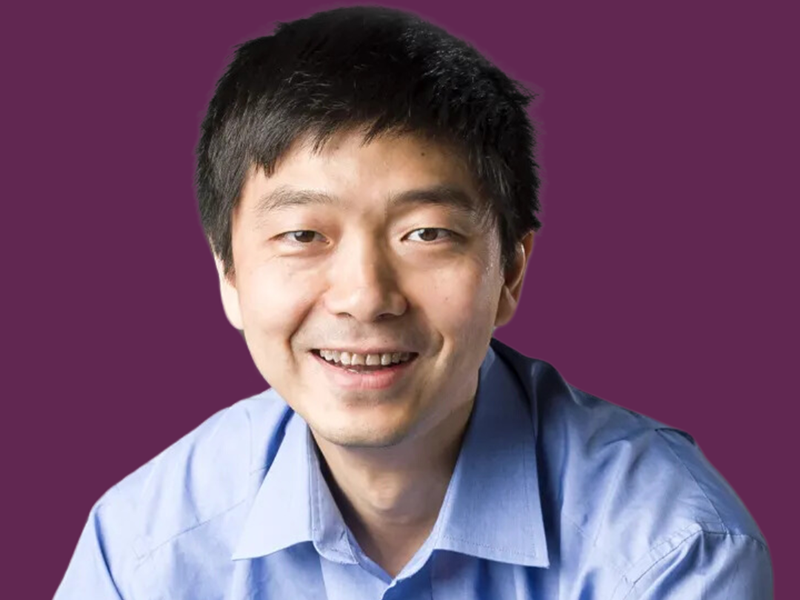

P. Srirama Rao, Ph.D.
Vice President for Research and Innovation
As Vice President for Research and Innovation at VCU, Dr. Rao is responsible for the overall strategy, compliance, growth and expansion of the university’s research enterprise. As the institutional official, he leads the OVPRI in its efforts to ensure the optimal operational efficiency of the divisions of: Clinical Research, Sponsored Programs, Research Compliance, Research Development, Research Integrity and Ethics, Communications and Outreach, Finance and Operations, Information Systems, and Technology, Commercialization and Economic Development. Dr. Rao oversees VCU’s research institutes and centers, core laboratories and institutional committees including the Institutional Animal Care and Use Committee (IACUC) and the Institutional Review Board. He also serves as an advisor, board member and trustee of various local and national organizations.
VCU State of the Research Address
Tuesday, April 15, 2025 | 3 p.m.
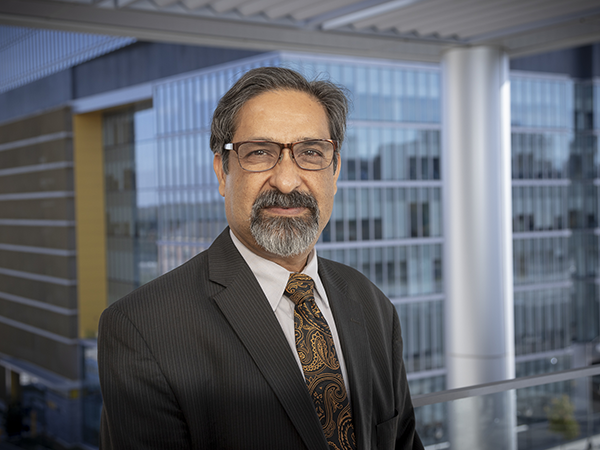

Lawrence Shulman, M.D.
Director, Center for Global Cancer Medicine
Abramson Cancer Center, University of Pennsylvania
Lawrence N. Shulman, MD, is a Professor of Medicine at the Perelman School of Medicine and Associate Director for Special Projects at the Abramson Cancer Center, University of Pennsylvania. He directs the Center for Global Cancer Medicine and has focused on cancer care quality and oncology workforce development. A Harvard Medical School graduate, he trained in Hematology and Oncology at Beth Israel Hospital, Boston. Dr. Shulman has chaired key committees for ASCO and the Commission on Cancer and serves on the National Cancer Policy Forum. As Senior Oncology Advisor to Partners In Health, he leads national cancer treatment programs in Rwanda, Lesotho, Haiti, and Botswana. He also led the WHO’s revision of Essential Medicines for Cancer (2014–2017).
Challenges in the Delivery of High-Quality, Guideline-concordant Cancer Care and How Technology Might Help
Thursday, April 3, 2025 | 1:55 - 2:25 p.m.
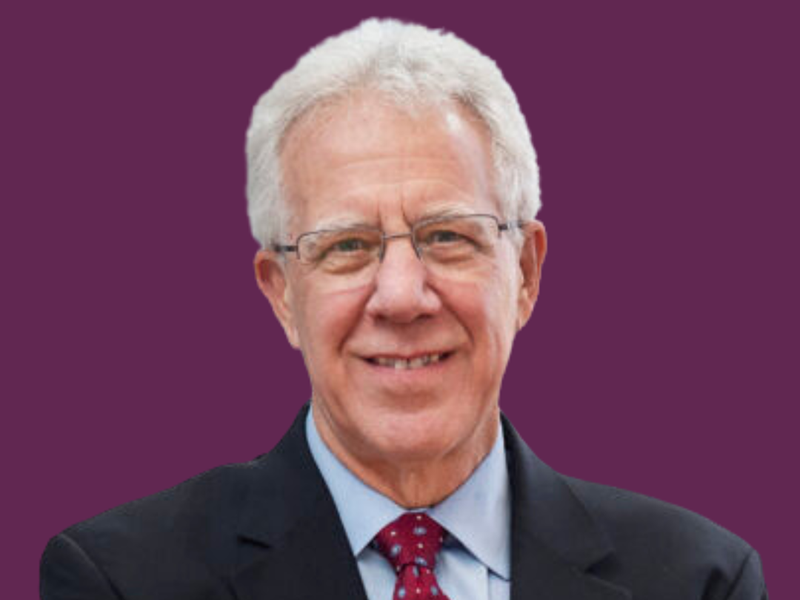

Wei Zhou, Ph.D.
Associate Professor, Electrical and Computer Engineering
Virginia Tech
Dr. Wei Zhou is an Associate Professor of Electrical and Computer Engineering at Virginia Tech, where he leads the Hybrid Optical-Electrical Nano-Bio Interface Lab and directs the Virginia Tech Micro-/Nanofabrication Cleanroom and Laboratory. He also serves as an Associate Editor for npj Biosensing. Dr. Zhou's research focuses on developing cutting-edge nanotechnology-enabled platforms and devices. These leverage interfacial multiphysics phenomena for advanced biosensing and bio-interfacing applications. His work in hybridized optical-electrical nanotransducers supports multimodal closed-loop cellular monitoring, control, and the development of integrated human-machine interfaces. Dr. Zhou advances the field of biosensors through the creation of hierarchical micro-/nano-optoelectrode biosensors and nonlinear bio-nanophotonics biosensors.He is also integrating machine-learning algorithms to drive spatiotemporal multimodal bioinformation conversion. This aims to transform our understanding of and interaction with complex biological data. Dr. Zhou is a recipient of the Air Force Young Investigator Award and the Defense University Research Instrumentation Program Award.
Hybrid Optical-Electrical Nano-Bio Interface for Real-time Bioinformation Engineering
Thursday, April 3, 2025 | 11:40 a.m. - 12:25 p.m.
